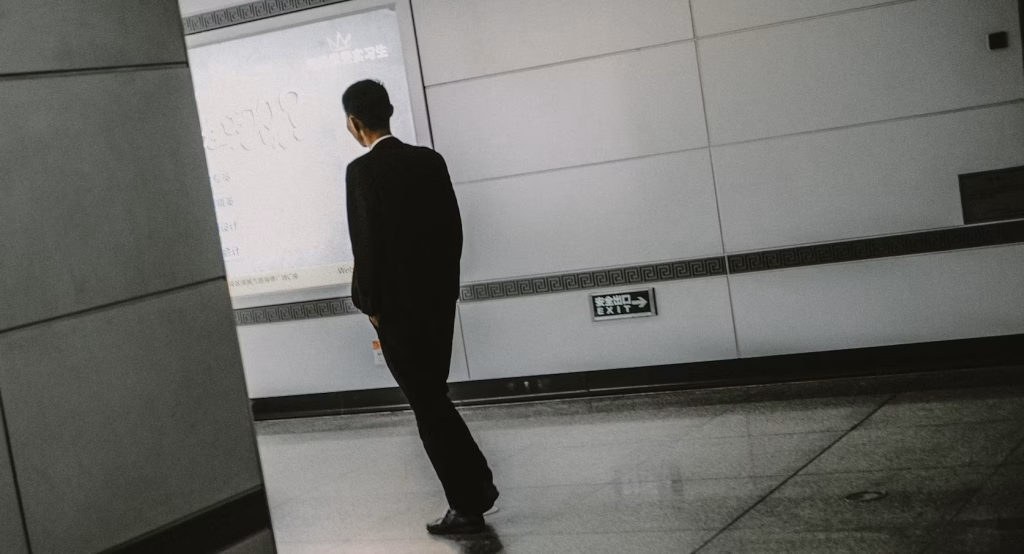
Discipline is tough for any parent, but for a divorced dad with children, it comes with extra layers of emotion, logistics, and pressure. You want to maintain structure and respect while also making the most of your limited time together. Maybe you’re concerned about being the “fun” parent versus the “strict” one, or you’re dealing with conflicting parenting styles from your ex. The truth is, discipline doesn’t have to be a battle or a guilt trip. With the right mindset and tools, you can guide your kids while still nurturing your relationship with them.
1. Stay Consistent, Even When It’s Hard
One of the biggest challenges for a divorced dad with children is maintaining consistency between two households. But kids thrive on routine, and they need to know the rules won’t change based on which parent they’re with. Try to stick to clear expectations and predictable consequences, even if your ex has a different approach. This isn’t about winning or controlling—it’s about helping your children feel safe and supported. The more consistent you are, the less confusion and testing you’ll face.
2. Don’t Parent From Guilt
It’s easy to feel guilty about the divorce or the time you don’t get to spend with your kids, but don’t let that guilt control your parenting. A divorced dad with children may be tempted to go easy on discipline or avoid conflict to keep things “happy,” but that can backfire. Kids need boundaries to feel secure, and avoiding discipline only teaches them to push limits. Love and limits can exist at the same time. A firm, fair parent is much more effective than a guilt-driven one.
3. Communicate With Your Ex (Even When It’s Awkward)
You may not want to talk to your ex any more than necessary, but when it comes to discipline, communication matters. If you’re on completely different pages, your child may use that to manipulate or play one parent against the other. A divorced dad with children should try to collaborate—at least on major rules like curfews, tech use, or consequences for serious behavior. You don’t have to be best friends, just united enough to avoid chaos. Even a short weekly text or email check-in can help.
4. Use Natural Consequences When Possible
Discipline doesn’t always have to be punishment-based. When you’re a divorced dad with children, letting natural consequences play out can be one of your best tools. If your child forgets their homework, let them face the teacher’s response. If they blow their allowance, don’t replace it. These real-life lessons stick much better than lectures. It teaches accountability without you having to become the “bad guy.”
5. Keep Discipline Calm and Respectful
Yelling, harsh punishments, or power struggles rarely lead to better behavior—and they can damage the bond between you and your child. A divorced dad with children benefits most from a calm, respectful approach to discipline. Get down to their level, use a steady voice, and explain your expectations clearly. This builds trust and shows your kids that discipline is about learning, not control. When emotions run high, take a breather and revisit the conversation once things settle down.
6. Focus on Connection Before Correction
Kids listen better when they feel understood. Before jumping straight to discipline, a divorced dad with children should take a moment to connect emotionally. Ask what’s going on. Validate their feelings. Then, guide them toward better choices. When children feel respected and heard, they’re more likely to accept guidance. Discipline built on connection helps kids develop empathy and emotional regulation—not just compliance.
7. Model the Behavior You Want to See
Children watch more than they listen. If you want respectful, honest, and responsible kids, start by showing those qualities yourself. A divorced dad with children sets the tone in every interaction. Keep your promises, apologize when needed, and manage your emotions during conflict. Your actions teach far more than any lecture. Being a consistent role model helps discipline feel fair, not forced.
Discipline Doesn’t Have to Damage Your Relationship
Discipline is part of parenting—but it doesn’t have to be a wedge between you and your kids. For a divorced dad with children, it’s an opportunity to lead with love, clarity, and strength. You’re not just managing behavior—you’re helping shape the kind of adult your child will become. With patience, boundaries, and connection, discipline can actually bring you closer to your kids, not push them away.
Are you a divorced dad with children? What has helped you find a balance between discipline and connection? Share your tips and experiences in the comments below!
Read More:
Dads Are Tired of Being the “Backup Parent”—And They’re Speaking Out
10 Creative Discipline Techniques That Don’t Involve Time Outs or Punishment
Catherine is a tech-savvy writer who has focused on the personal finance space for more than eight years. She has a Bachelor’s in Information Technology and enjoys showcasing how tech can simplify everyday personal finance tasks like budgeting, spending tracking, and planning for the future. Additionally, she’s explored the ins and outs of the world of side hustles and loves to share what she’s learned along the way. When she’s not working, you can find her relaxing at home in the Pacific Northwest with her two cats or enjoying a cup of coffee at her neighborhood cafe.












